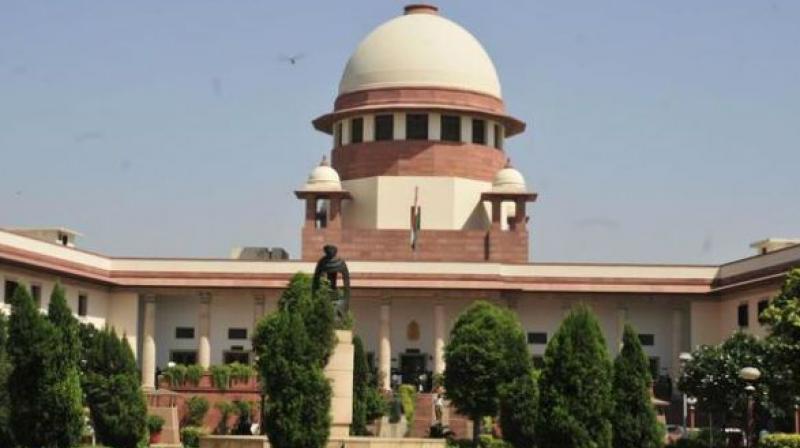User data kept private: WhatsApp to Supreme Court
Supreme Court to examine if firm's privacy policy is against public policy.

New Delhi: Whatsapp on Tuesday asserted in the Supreme Court that it had never shared data with third parties though its 2016 privacy policy allowed it.
A five-judge Constitution bench comprising Justices Dipak Misra, A.K. Sikri, Amitav Roy, A.M. Khanwilkar and M.M. Shantanagouder, however, rejected the submission and said that it cannot leave the fate of its 160 million Indian subscribers to their fate.
“We cannot leave 160 million subscribers trapped in a corridor of charity,” Justice Dipak Misra said. The court would examine whether the company’s privacy policy was against public policy in India and whether it is needed to be subjected to constitutional controls — provided the court was convinced that there was a case for judicial interference at all.
Senior counsel K.K. Venugopal for Facebook said “We are subject to total regulatory control. We can file an affidavit stating that not a single piece of information has been shared with anybody. Even I cannot access the information if I want to. There is no element of human intervention in the process. Machines take care of this.”
In any case, the right to communicate, the right of choice of communication is not a right which can arise against a private party. It can only lie against the state, he said. He argued that Whatsapp was not a public body discharging public functions and hence no PIL or petition claiming violation of fundamental rights can be filed against the company.
Counsel Madhvi Divan, appearing for the petitioners said “This is economic espionage in the name of free service. Look at their business model. They have acquired Whatsapp for a whopping 19 billion dollars.”
She argued against the 2016 privacy policy saying it allowed sharing of data with third parties, it offers the user no choice, the age of consent has been reduced to 13 from 16. In case of minors, parents have to agree to the policy, she said. “Whether they do take such consent no one knows,” she said.
She also argued that Whatsapp’s privacy policy was unconscionable both substantively and procedurally. The company uses a public resource such as spectrum and performed a public function, she said, to claim that the courts could direct them to respect the Indian citizen’s right to communicate freely. She said Whatsapp is following double standards in India and elsewhere.
If there is no data-sharing how has Whatsapp agreed in Italy and EU not to transfer such data, she asked. With Facebook agreeing that they were abiding by such an interim order passed by Italy, the bench said, “We are the regulator. You must maintain a world standard.”

